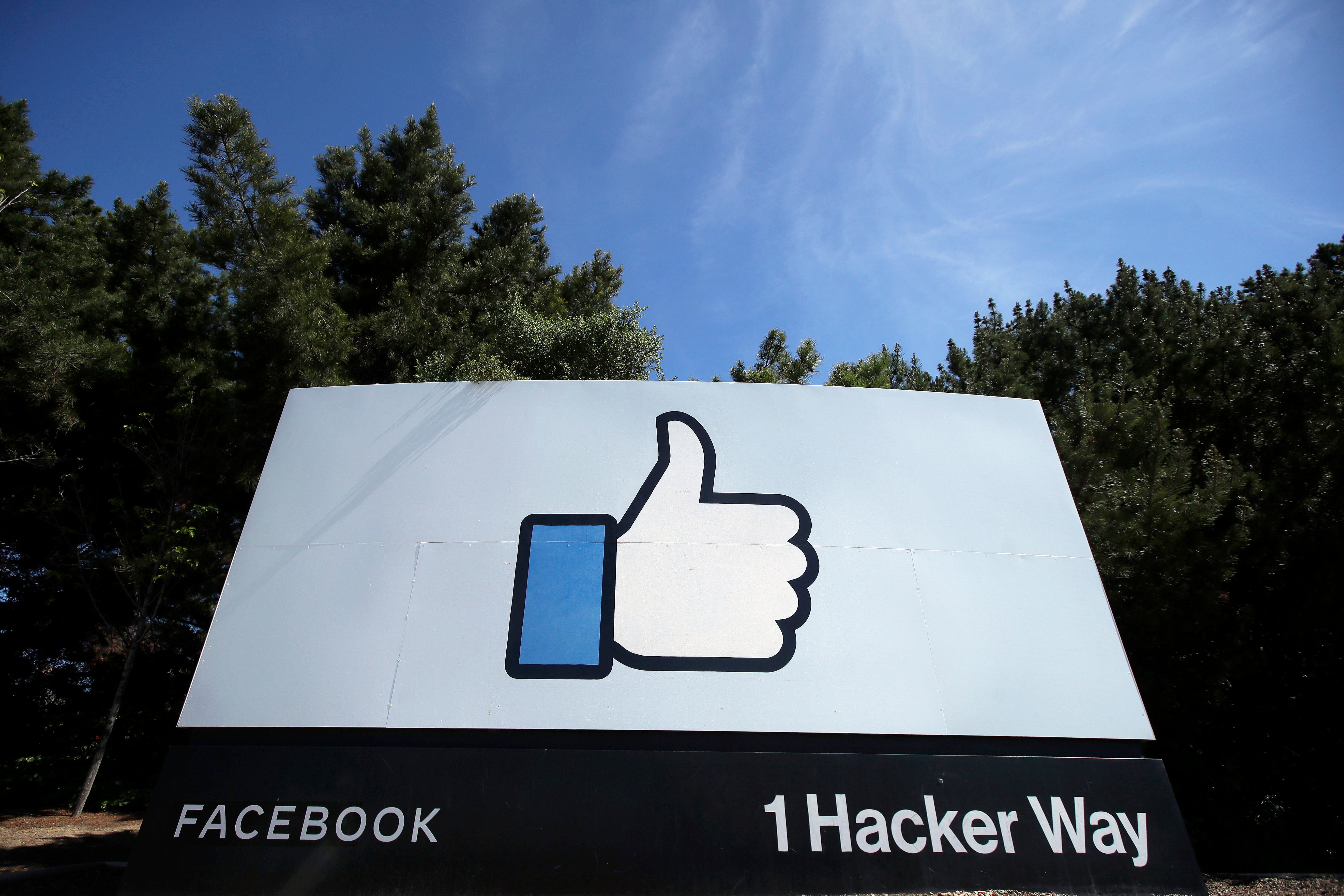Facebook data leak: Users urged to be alert at as vast amount of personal data posted online

Facebook users have been urged to be cautious after a huge dump of their personal information online.
The hacked data includes phone numbers, email addresses and other identifying information on more than 533 million accounts.
Facebook says the data is old, dating back to 2019, and it has been offered to buy on hacking forums since. But over the weekend the full trove was released for free.
That could put users at increased risk, given it is now relatively easy for people to find the personal information of anyone who might have been caught up in the hack.
That includes chief executive Mark Zuckerberg, whose phone number appears to be part of the new leak.
Read more:
A number of tools – most notably the website HaveIBeenPwned, though that does not yet include all of the information in the attack – allow users to enter their information and check whether it has been caught up in the hack.
But it may be safest to assume that anyone who was using Facebook at that time might have been caught up in the leak, and act accordingly.
That includes being sceptical about anyone who might be able to use the data to launch scams or social engineering attacks.
It also means changing passwords where possible to ensure that information cannot be re-used. Though there is no indication that the hack includes passwords, hackers may make use of the personal information contained within the data to try and get hold of them.
Some data that is included in the hack, however – such as birthdays and full names – obviously cannot be changed.
Users should also make sure they have two-factor authentication enabled everywhere that is possible, to make it as difficult as possible for any hackers to get into any accounts.
Join our commenting forum
Join thought-provoking conversations, follow other Independent readers and see their replies
Comments
Bookmark popover
Removed from bookmarks